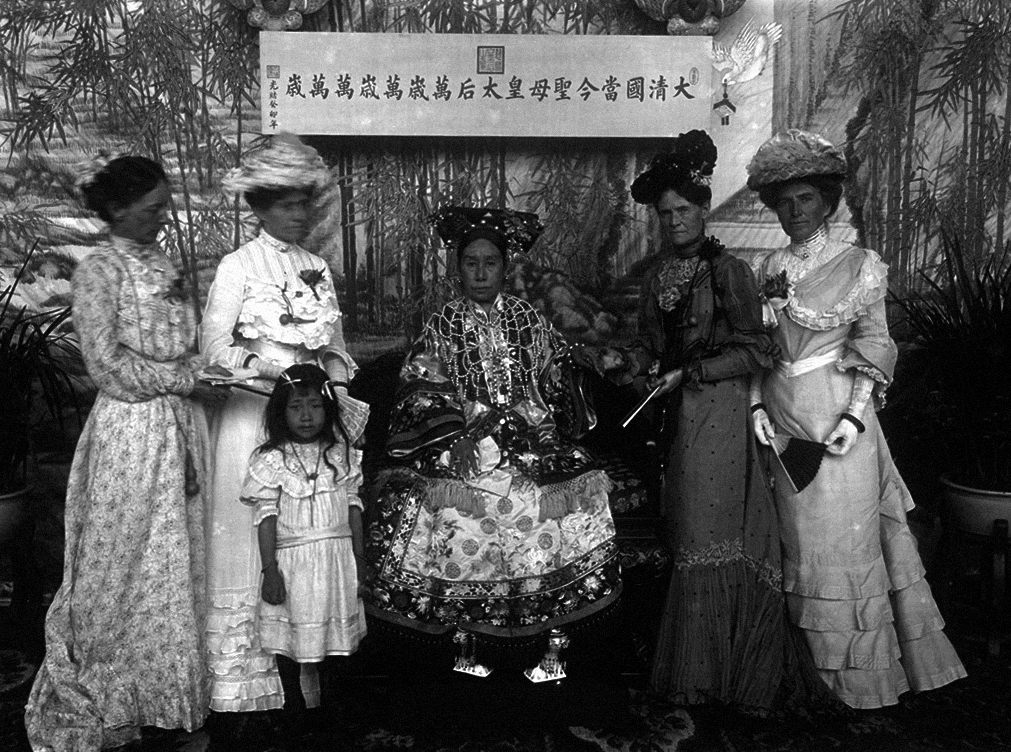yanomami.net – China’s history is rich with empresses and queens who played significant roles in shaping the nation’s political and cultural landscape. These women, often referred to as empresses or queens consort, held various titles and functions that reflected their status and influence within the imperial court.
Titles and Ranks
The title of empress consort (皇后, húanghòu) was bestowed upon the wife of an emperor. This title could also be granted posthumously, indicating the deceased consort’s significant contributions or the emperor’s deep respect for her. The title of Empress dowager (皇太后, húangtàihòu) was automatically given to a former empress consort who was the widow of an emperor. This title could also be granted to a widow of an emperor who had not been an empress consort during her husband’s reign.
Historical Context
China has periodically been divided into kingdoms as well as united under empires, which influenced the titles and roles of empresses and queens. During the Sui dynasty (581), Empress Lü Gutao, the mother of Emperor Wen of Sui, held significant influence and power, showcasing the role of queens in political affairs.
Cultural Impact
The queens and empresses of China were not only political figures but also cultural influencers. Their patronage of the arts, literature, and religion often left lasting impacts on Chinese society. For instance, the Tang dynasty, known for its cultural flourishing, saw several influential empresses and queens who supported the arts and education.
Conclusion
The queens of China were integral to the nation’s history, contributing to its political stability, cultural development, and social structure. Their roles and titles varied, reflecting the complex dynamics of the imperial court and the changing political landscapes of China. Understanding these women’s contributions is crucial for a comprehensive view of China’s rich and diverse history.
